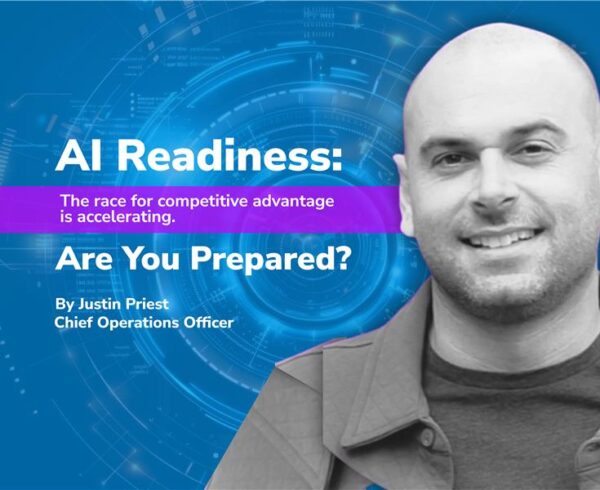In today’s rapidly evolving digital landscape, the way we work and the skills we need to succeed have undergone a profound transformation. The rise of digitization has set in motion a significant shift in the talent landscape, challenging organizations to rethink their approach to talent management. This blog explores the impact of this digital revolution on the talent pool, the changing demands for tech-savvy expertise, and the strategies organizations can adopt to thrive in this new era. It delves into the rise of automation and artificial intelligence (AI), the critical need for upskilling and reskilling, and the imperative of fostering a sustainable workforce that embraces well-being, diversity, and innovation.
THE CHANGING LANDSCAPE OF WORK: HOW DIGITIZATION IS RESHAPING THE TALENT POOL
In the past, the traditional office environment was defined by routine and repetitive tasks. Employees spent countless hours performing manual data entry, managing spreadsheets, and executing administrative processes. However, the advent of digitization has dramatically altered this landscape, introducing automation and AI technologies that have revolutionized the way we work.
As these technologies become increasingly sophisticated, they are taking on more tasks that were once performed by human workers. This shift has created a seismic change in the talent pool, with a growing demand for individuals who possess the technical expertise to harness these digital tools. The future of work is unmistakably digital, and organizations that fail to adapt to this reality will find themselves struggling to compete in the ever-evolving marketplace. According to McKinsey, about 60 percent of all occupations have at least 30 percent of activities that are technically automatable.
The demand for tech-savvy professionals with expertise in AI, data analytics, and digital marketing has skyrocketed. These individuals hold the keys to unlocking the full potential of digitization, enabling organizations to automate mundane tasks, gain actionable insights from data, and effectively reach their target audience in the digital realm. To thrive in this new landscape, organizations must actively seek out and cultivate talent with these specialized skills. Harvard Business Review notes that the average lifespan of a skill has dropped to less than five years emphasizing the urgency for continual skill development.
THE RISE OF AUTOMATION AND AI: IMPLICATIONS FOR TALENT DEVELOPMENT
The future of talent management lies at the crossroads of technological transformation and human capital development. As automation and AI reshape the workplace, organizations must adopt a proactive approach to talent management to remain competitive.
In this evolving job market, a workforce proficient in advanced technologies, particularly in AI, data analytics, and digital marketing, is essential. Strategic investments in upskilling and reskilling programs are crucial to ensure employees possess the necessary skills to thrive in the digital realm. By empowering employees with the necessary knowledge and capabilities, organizations can harness the full potential of transformative technologies and drive innovation. Deloitte highlights that organizations that embrace AI and other technologies to enhance human capabilities will be better positioned to achieve sustainable growth.
Fostering a culture of continuous learning is paramount to maintaining a competitive edge. Encouraging employees to embrace lifelong learning ensures their skill sets remain aligned with the dynamic demands of the industry. Providing access to online courses, workshops, and mentorship programs empowers employees to continually enhance their knowledge and adaptability, enabling organizations to thrive in the ever-changing digital landscape. LinkedIn Learning’s report states, 94% of employees say they would stay at a company longer if it invested in their career development.
Organizations must prioritize developing adaptable and versatile employees. Identifying and nurturing individuals with a growth mindset, receptive to embracing new technologies and acquiring new skills, becomes essential. By investing in talent development and fostering a culture of continuous learning, organizations cultivate a future-ready workforce capable of driving innovation and securing a competitive advantage in the ever-changing digital era.






